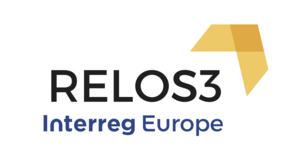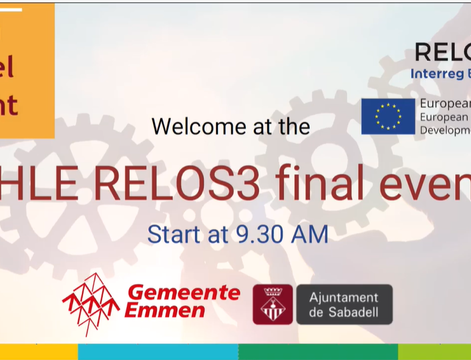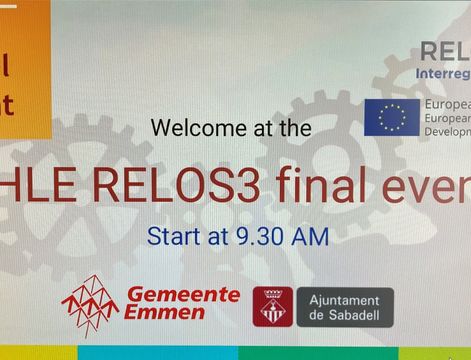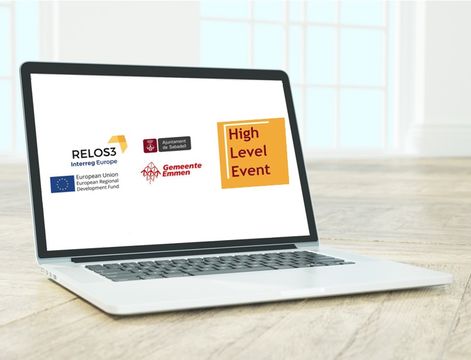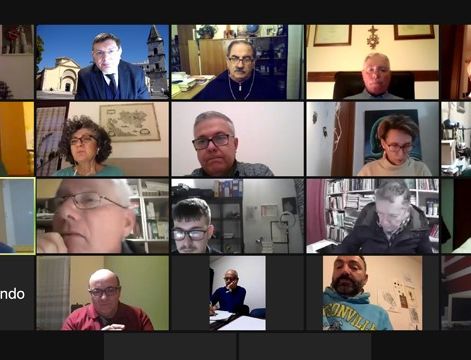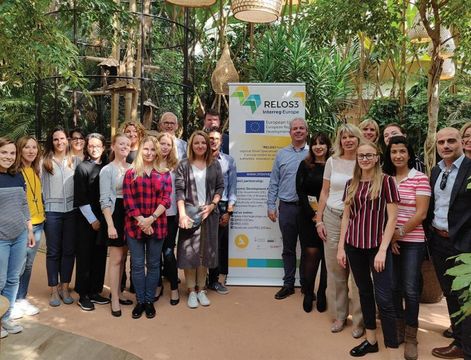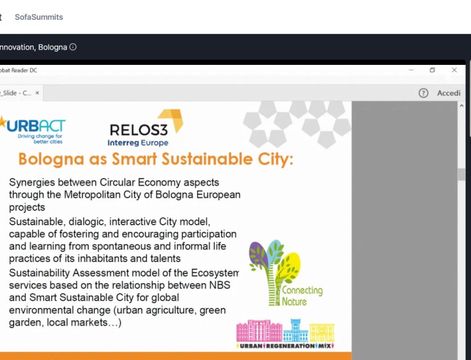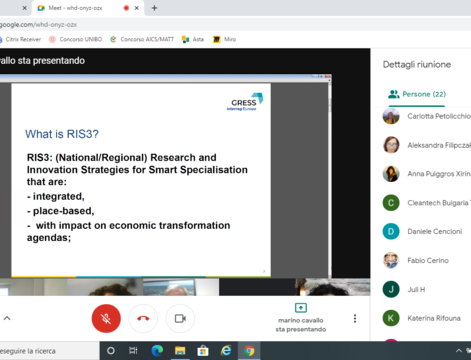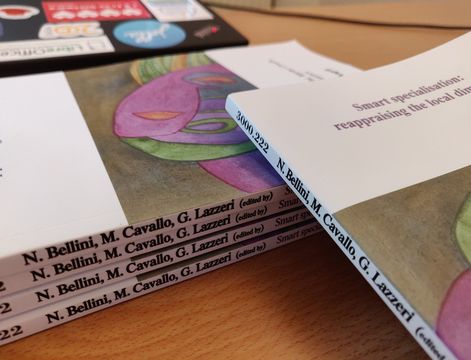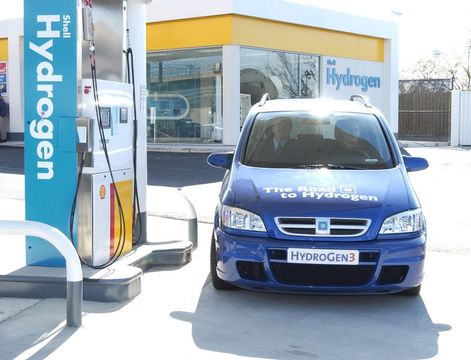TE4 - Removing Policy Silos: joining the Four Elements of the Quadruple Helix
Thematic Events are an important activity to facilitate transnational collaboration in RELOS3. We have had four already, with themes supporting RELOS3's overall goal to implement smart specialisation at the local level. These events bring stakeholders together and generally increase the knowledge level on smart specialisation among all participants.
Joining the four elements of the Quadruple Helix was the overarching theme of the meeting organised in Poznán by the Wielkopolska Region in February. The meeting kicked off with two site visits: one to the Solaris Bus and Coach Factory, and one to the Poznan Supercomputing and Networking Centre. They provided good examples of the added value of specialisation, using knowledge, business and government partners, whilst not forgetting about (end)users.
Solaris is one of the most important companies in the region, not only in relation to national production but also regarding exports. Its most unique feature is that they specialise in producing buses at the customer's demand. It is worth highlighting the company's commitment to innovation in eco-friendly buses and offering tailor-made solutions to clients. Also it is worth noting that difficulties to find suitable staff led the company to establish collaboration links with technical training colleges.
The visit to the Poznan Supercomputing and Networking Center was a good opportunity to see in projects in the field of social sciences which experiment with the use of ICT. In this sense, it was possible to see initiatives aimed to facilitate elderly people day to day life, aspects related to pedagogical innovations or projects linked to facilitating the integration of disabled people in the labour market.
After these visits, a masterclass started, with topics relating to joining the four elements of the Quadruple Helix. The citizen's point of view was an important element in the presentation of Forum Virium Helsinki, a good example of a local all-inclusive innovation strategy. This led onto a holistic approach of innovation strategies, as discussed by Dr Monika Matusiak of the European Joint Research Centre in Seville. The importance of S3 strategies and its relevance on facilitating competitiveness and innovation at the local level was also one of the main findings reported by prof. Nicola Bellini of the Institute of Management of the Scuola Superiore Sant’Anna. The institute conducts specialist research on behalf of the project.
Besides the masterclass and the presentation of good practices, a workshop was carried out. In this workshop, project partners presented a first draft of an action plan, which is foreseen to be one of the main outputs of the project. This plan is meant to draw the path for each partner to implement specific actions with the aim to deploy smart specialisation in their context, with the inspiration of what had been learned during the project.
